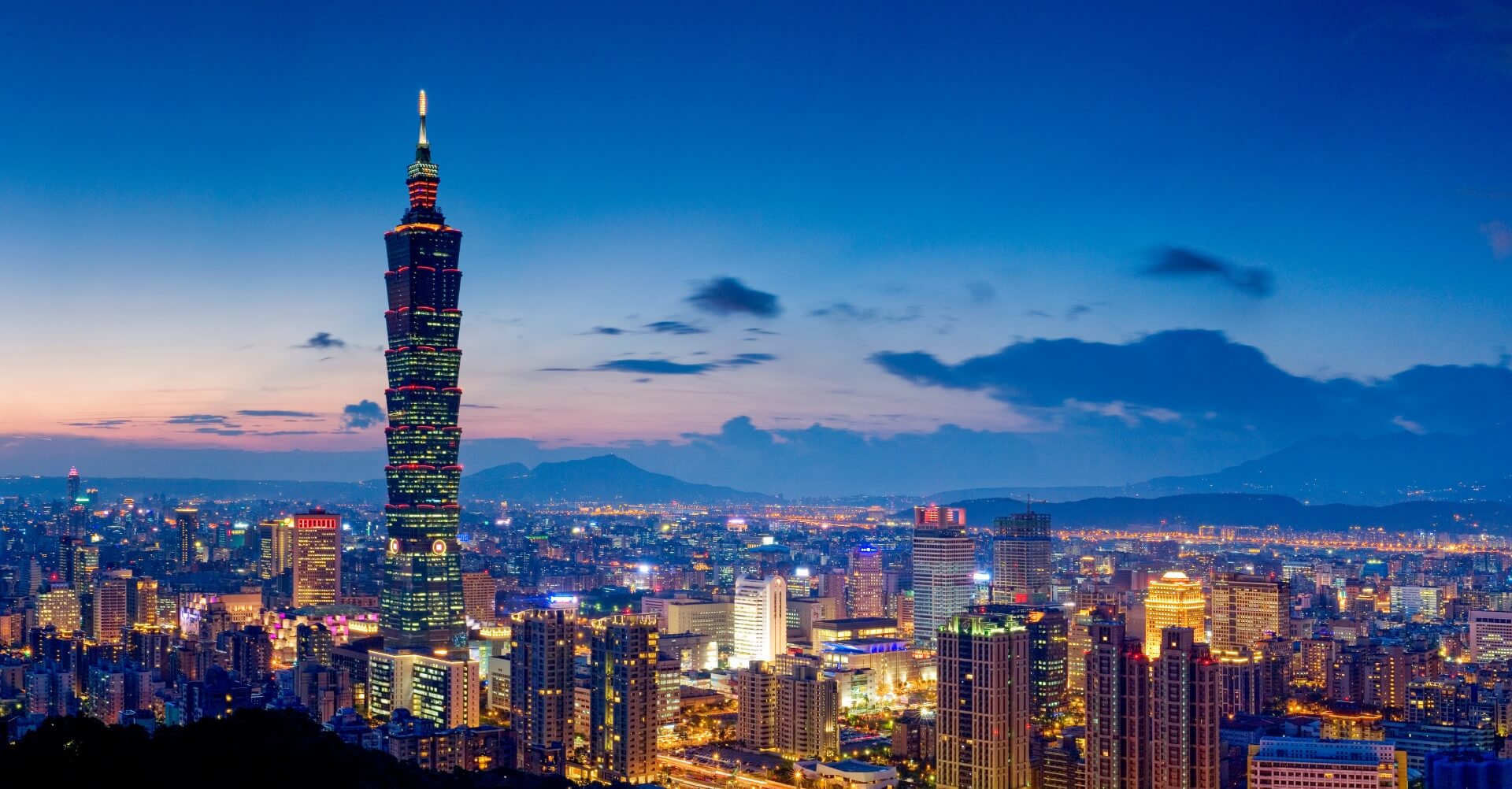Taiwan boasts a relatively strong record of internet freedom and privacy protection in East Asia. With an Average to Above Average rating on the Privacy Protection Index, the democratic nation values civil liberties like free speech and permits P2P file sharing and torrenting. Progressive privacy laws aim to safeguard citizens’ personal data, but enforcement could be more robust. Although government surveillance exists, it operates with greater oversight and transparency than neighboring authoritarian regimes. While Taiwan offers superior privacy protection compared to much of Asia, there remains room for improvement as digital rights gain prominence in the 21st century.
Pros:
- Historically open and uncensored internet environment.
- Strong protections for freedom of expression.
- Comprehensive privacy protections through the Personal Information Protection Act.
- Limited government surveillance and data retention practices.
- Supportive government promoting open access and internet growth.
Cons:
- Enforcement of copyright laws may pose risks for P2P and torrenting users.
- Potential for changes in the political landscape affecting internet freedom.
- Cooperation with international agreements may lead to enforcement of foreign laws.
- Limited transparency on government surveillance and data requests.
Freedom of Expression and Censorship
In Taiwan, Freedom of Expression and Censorship have become hallmarks of the nation’s commitment to upholding democratic values and fostering an open online environment.[1] Taiwan consistently ranks high in global press freedom indices, such as the World Press Freedom Index by Reporters Without Borders, which placed Taiwan at 42nd out of 180 countries in 2021. The internet in Taiwan is largely uncensored, and citizens enjoy open access to various information sources and diverse viewpoints. The Taiwanese government does not engage in significant internet censorship practices, and there are no significant restrictions on social media or political content. Taiwan’s Constitution guarantees freedom of speech, thought, and assembly, which serve as the legal foundations that protect citizens’ rights to express themselves freely. Consequently, Taiwan’s robust commitment to freedom of expression and its limited censorship measures have contributed to its “Above Average” rating in the Privacy Protection Index.
P2P and Torrenting
When it comes to P2P and torrenting, Taiwan maintains a relatively moderate stance. The country does not have specific laws targeting P2P file sharing or torrenting, and these activities are not heavily regulated. However, Taiwan does enforce copyright laws, similar to many other nations, meaning that downloading copyrighted content without permission is considered illegal. The Intellectual Property Office under Taiwan’s Ministry of Economic Affairs is responsible for handling copyright-related matters, and its regulations align with international standards, including the TRIPS Agreement and the Berne Convention. While there haven’t been widespread crackdowns on P2P and torrenting, some cases involving the distribution of copyrighted material have led to legal action. Taiwan does not specifically enforce US copyright laws; however, it cooperates with international agreements that protect intellectual property rights. In summary, Taiwan’s approach to P2P and torrenting is generally permissive, but users should be cautious and respectful of copyright laws to avoid potential legal consequences.
Government Surveillance and Data Retention
Taiwan has a number of government surveillance programs that have raised privacy concerns. According to the OpenNet Initiative, state surveillance in Taiwan covers communications data, internet traffic and metadata, though there is more judicial oversight compared to authoritarian states. The main law governing surveillance is the Communication Security and Surveillance Act (CSSA), which allows authorities to monitor communications and internet traffic for national security, criminal investigations and public interest reasons. However, critics argue the CSSA lacks proper checks and balances. The Taiwan Association for Human Rights has raised concerns about insufficient oversight of surveillance programs and data collection by authorities. In recent years, there have been incidents of inappropriate access of private data by government officials, for which data protection laws offer limited penalties. A 2019 Amnesty International report found that Taiwan’s surveillance laws lack proper safeguards to protect human rights and called for greater transparency, oversight and reform. Overall, while Taiwan’s surveillance programs are more targeted than unchecked mass surveillance, data retention laws could be strengthened with stronger privacy protections.
Privacy Protections
The Taiwan government has taken some steps to protect citizens’ privacy, though the effectiveness of these initiatives is still limited:
In 2010, Taiwan passed the Personal Information Protection Act (PIPA) to regulate the collection, use and transfer of personal data by both private companies and government agencies. PIPA established principles of consent, purpose limitation and data security – though some argue the law does not go far enough. Enforcement of PIPA has also been criticized as too weak to deter violators.
In 2016, Taiwan’s Constitutional Court struck down parts of the Communications Security and Surveillance Act, limiting authorities’ ability to monitor citizens’ online activities without cause. However, many argue the remaining law still grants government too much access with limited oversight.
Taiwan has an independent data protection authority in the form of the Taipei City Government Department of Information Technology. However, Taiwan lacks an overarching nationwide privacy commission, leading to fragmentation. Fines and penalties for PIPA violations are also too low, according to experts.
Citizen groups have pushed for new data privacy laws, including a “right to be forgotten” and data portability rights as found in Europe’s GDPR, but so far to no avail. Legislators have citing jurisdictional issues with data on Taiwanese held by foreign tech companies. Public trust in government handling of private data remains limited.
VPN servers in Taiwan:
References
1. Repucci, S. (n.d.). Media Freedom: A downward spiral. Freedom House. https://freedomhouse.org/report/freedom-and-media/2019/media-freedom-downward-spiral







Leave a Reply